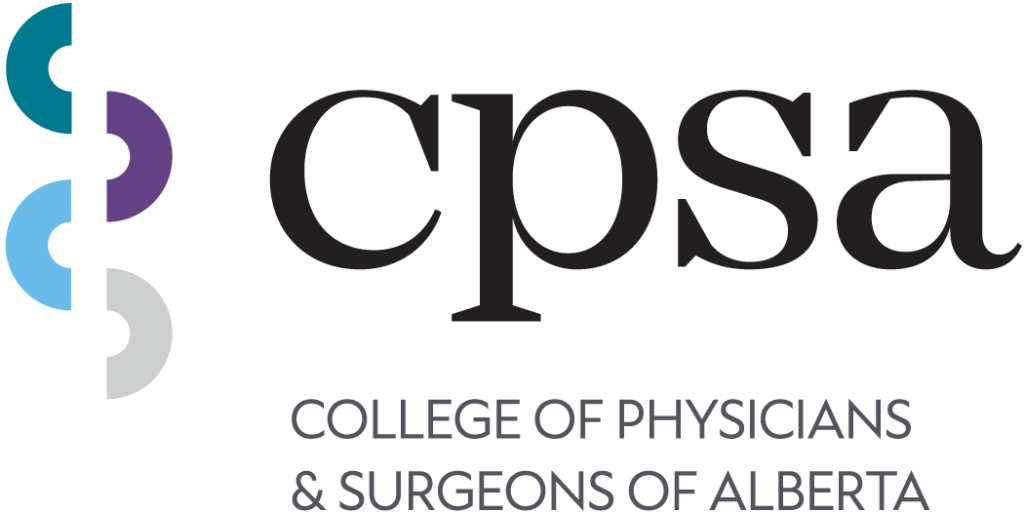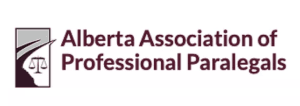10 Ways to Honour Remembrance Day & Take Action Towards Peacebuilding
Location
Type of Position
Application Deadline
Remembrance Day commemorates the moment armies stopped fighting and officially ended the First World War. We can honour and recognize those who have served and continue to serve during times of war, conflict and in international peacekeeping activities.
This year is the 100th anniversary of the Remembrance Day Poppy in Canada.
The poppy is not only an important symbol but also offers a fundraising opportunity; legion members and other volunteers distribute Poppies, and gratefully accept donations to the Poppy Fund.
With the ongoing restrictions due to the pandemic, you can attend a virtual Remembrance Day ceremony like the National Ceremony in Ottawa. You can also search for activities in your local community (eg. see item 4 below).
With our poppies on our lapel and with plans to attend an online ceremony, what other ways can we honour Remembrance Day and promote peacebuilding activities year round?
1. Say Thank You
If you know a Veteran or someone who has been involved in peacebuilding, reach out to them and say a heartfelt “Thank you”. You can also add some Words of Remembrance to the Legion’s online gallery. Remember that saying thank you shouldn’t only be confined to November 11.
2. Partake in Some Self Reflection
Spend some time each day quietly reflecting on how we would like to relate to ourselves and others and how we can promote peaceful relationships. Think about if there are any conflicts in your life that could use some peacebuilding. Examine your habits and media consumption to see if there are any channels influencing conflict and harmful beliefs about other groups of people.
3. Plant a Peace Garden
This activity is a great way to remember beyond just one day a year. You can plant a tree or a garden in honour of those who have sacrificed for us and as a reminder to strive for peace. The Legion sells poppy seeds for just this purpose.
4. Continue Learning about Historical Conflicts
If you get the opportunity, plan to visit the Canadian War Museum, The Military Museums of Calgary or other local history museums. If you prefer to learn from the comfort of home, The Canadian War Museum has online resources for you to explore. The Canadian Clubs of Alberta are hosting a webinar on Canadian Sacrifices in WWI on Nov 17th. You can also check out some Remembrance Day book recommendations from the public library.
5. Educate Yourself on Current Conflicts
Take some time to update your knowledge on some of the current conflicts around the world. Learn about the social conditions that can deteriorate well-being of individuals and communities such as poverty and discrimination. Learn about inequalities in human rights, health care, opportunities, safety and security. Find ways for dialogue and collaborative interaction with people who have diverse backgrounds and different perspectives.
6. Volunteer Your Time
Volunteering to help Veterans or at a center for new immigrants. You can learn first hand from Veterans and give back in a small way. By volunteering with new immigrants, you will learn about different cultures and learn about the hardships people face when they are resettling. Ask what you have to offer to others and learn what they can share with you.
7. Teach the Next Generation
Connect with kids in your life to impart peacebuilding on the next generation. There are many activities you can do with kids while discussing Remembrance Day. The Legion has some suggested learning activities and crafts. You could paint poppies on rocks and place them at a cenotaph or on the gravestones of Veterans.
8. Seek Peace with Others in Your Daily Life
Strive for connection and harmonious relationships in your life, both with those you are close to and to greater humanity. Practice forgiveness and make a commitment to acts of kindness to others.
9. Learn Skills to Manage Conflict
Learn about constructive ways to manage differences and resolve conflict.
If you are new to Alternative Dispute Resolution, you could try our course, Managing Conflict. Managing Conflict is designed to give you the basic skills you need to more effectively manage conflict.
If you’re looking for more professional training, you could take Communications in ADR. We have sessions coming in 2022 in Edmonton and in Calgary. This course introduces students to the causes and effects of interpersonal conflict, with particular emphasis on the dynamics of conflict, conflict resolution styles and the cycle of conflict.
If you’re an ADR professional, you may want to specialize in Restorative Justice and Peacemaking Circles. Learn about Restorative Justice and its application in the criminal justice system with an overview of the values, goals and principles guiding victim-offender dialogue. Gain knowledge of how peacemaking circles are being used in a wide variety of settings.
10. Find Ways to Nourish Your Hope for Peace
Talk about local heroes who promote peace. Examples can include teachers, firefighters, neighbours, and kids! Find role models to inspire you and like-minded others for support. Find and share positive information about successful peace initiatives.
Make it a Habit
Most importantly, make a habit of reflecting on the freedoms and peace in your life, and to remember the humans and animals who served and sacrificed for all we have today.









